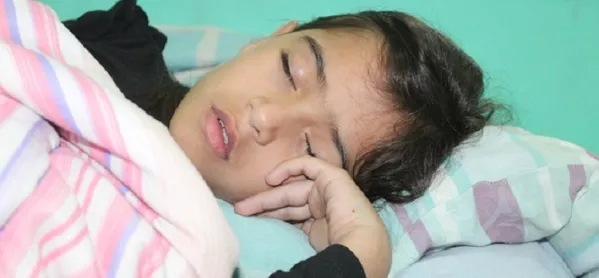A new study has challenged the convention of timetabling maths and English lessons in the morning- saying that primary-aged children are more alert in the afternoon.
The BBC Terrific Scientific investigation, in partnership with the University of Oxford, found that children felt less sleepy and had quicker reactions in the afternoon than in the morning.
The researchers looked at sleep diaries from 900 children aged 9-11, which were kept for three days on either side of the clocks going forwards on March 26. They also studied the results of a series of tests designed to measure children’s tiredness and reaction times in the morning and afternoon. A map showing the findings has been published by the BBC.
“Results were surprising in two ways,” said Katharina Wulff, an Oxford University research lecturer who specialises in sleep. “First, that children slept longer after the clock change. Secondly, their reaction time was faster in the afternoon than in the morning.
“The investigation provides a great example of how schoolchildren can get directly involved in research, proving perceived public wisdom wrong.”
Around 68 per cent of children reported that they felt sleepier in the morning, describing themselves as an “evening type”.
Following the clock change, researchers found the children woke up on average 10 minutes later in the morning, suggesting that they were compensating for the loss of an hour.
The investigation found that, on average, the children slept more than nine hours 30 minutes, suggesting the pupils are getting the recommended amount of sleep, which is between 9 and 11 hours.
It comes after researchers at the University of Surrey and Harvard Medical School said that delaying school start times to help teenagers get more rest would not help them concentrate.
The academics said that problems were caused by children being exposed to bright light - including tablets and smartphones - in the evening, which delayed their ability to fall asleep. A better solution than delaying school start times, they argued, would be to turn the lights down in the evening and off at night.
Want to keep up with the latest education news and opinion? Follow Tes on Twitter and like Tes on Facebook.




